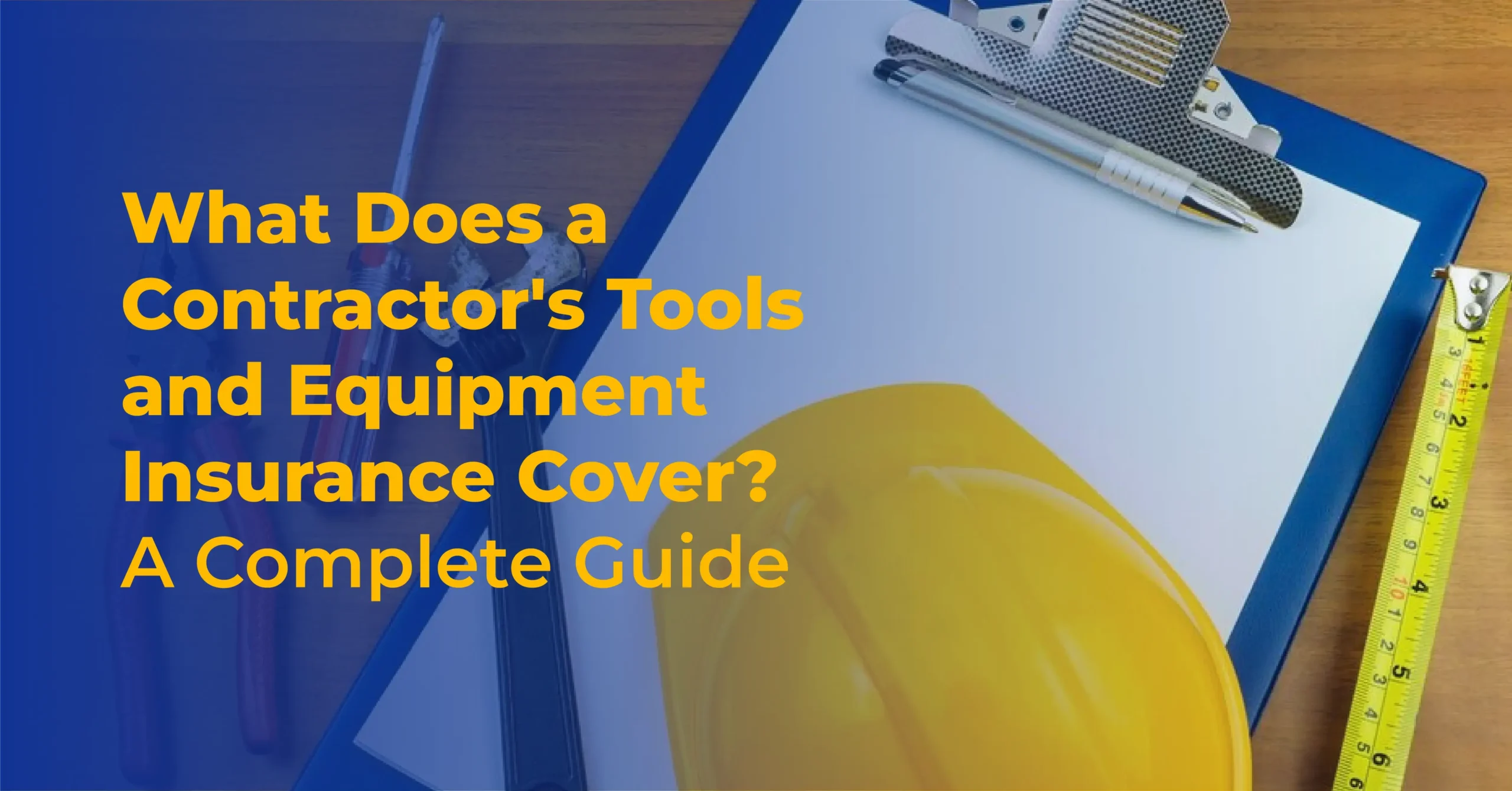In construction businesses or contracting, an insurance audit, especially the workers’ compensation insurance audit, is crucial for controlling insurance premiums. It confirms that your business is paying the correct premium based on the business’s payroll and classifications of employees. Well, it is high time to go deep into the details about what it is all about.
A Workers’ Compensation Insurance Audit is a method insurance companies use to scrutinize payroll information, employees’ classifications, and subcontractors. The goal is to make it possible for your business to provide the right details on what defines the premium. In either case, you will need to pay a proper premium for the operations of your business by rectifying the over- or under-reported values.
Why is a Workers’ Compensation Insurance Audit Necessary?
The audit ensures your premium is based on true exposures, such as payrolls and employee positions, not estimations. Otherwise, you may end up paying more or less than is necessary, which will affect the cash flow of your business or attract penalties. For instance, failing to disclose some part of the payroll will lead to high back pay, while disclosing extra amounts will lead to overpayments and repayments.
Audits are also used to ensure records are up to date, especially in construction companies where personnel numbers vary from time to time. This process shields your business from legal compliance concerns for workers and subcontractors.
How Does the Workers’ Compensation Audit Process Work?
The Workers’ Compensation Insurance Audit is done most of the time at least once per year. In general, the insurance companies will give you a heads-up when the audit for your company is next. The audit process begins with obtaining and examining the records of your business’s payroll for the prior policy period. These records are essential for checking the number of employees and to confirm that they are sorted appropriately.

The first activity combines the collection of payroll reports, tax data, and employee records. The auditor will provide a list to the employee consisting of questions about the employee, the position, salary, and classification. You may also need to provide information on any subcontractors and their Worker’s Compensation policy or exception.
Next, the auditor will compare your reported payroll with your actual figures. If there are discrepancies, adjustments will be made. The insurance company may issue a refund for overpaid premiums or a bill for underpaid premiums. You can streamline this process and avoid costly surprises by keeping detailed and accurate records.
What Happens if Inaccuracies Are Found During the Audit?
Mistakes made in payroll or employee classification may lead to claims for adjustments. You may need to pay more premiums if the audit shows that your business has declared a low payroll. On a different note, you might be entitled to a refund if you have over claimed.
Employee misclassification is one of the simplest and most apparent problems during the audit. Another drawback is that sometimes, certain workers are assigned to the wrong risk category, which results in the wrong premium. For instance, one can misclassify a high-risk worker as a low-risk employee, which would likely entail underpayment, leading to back payments after an audit. The flip side may be that overclassification may mean you have been overpaying, hence a refund after the audit.
And that’s why accuracy needs to be achieved from the beginning of the process. Monitoring the insurance situation if your business has multiple subcontractors is also crucial. That way, you do not find yourself liable for subcontractors during an outbreak without insurance coverage.
Tips for Preparing for a Workers’ Compensation Audit
Preparation is crucial to ensure that the Workers’ Compensation Insurance Audit process is as smooth as possible. To begin with, there is a need to maintain records throughout the policy period. This involves information that can affect your employees, such as your employee database, employee categorizations, and shifts in your staffing. To the best of my knowledge, the accuracy of records and record-keeping would reduce the auditors’ work.
It is also important to triage your employees properly based on their job. Every employee should be placed in the right category of the BCG to minimize problems during the audit process. Further to this, ensure that there is documentation of every subcontractor that is associated with the business. Ensure they have the right Workers’ Compensation insurance or suitable medical and surgical exemption certificates.
Additionally, you should be ready to provide the auditor with tax returns, payroll, or any other document that he may require. Supply correct and comprehensive data to help curb problems and guarantee a smooth audit outcome if possible. If the process feels overwhelming, understand that LiteSpeed Insurance works with clients to prepare for and schedule their audit.
Ready to simplify your audit preparation? Contact LiteSpeed Insurance today to ensure you’re fully prepared.
Common Mistakes Businesses Make During Workers’ Compensation Audits
Various factors found by businesses when performing their Workers’ Compensation Insurance Audit bring about financial implications. Another typical error is a misidentification of employees. Employers may include all the workers in lower-risk categories if they perform high-risk jobs like construction work. This may mean a lower initial cost of premiums but presents a huge potential for skyrocketing changes after the audit.

Another mistake is that contractors sometimes do not monitor when subcontractors’ insurance expires. Potential problems here include that if subcontractors do not have the right insurance or exemptions, your business can be on the hook for their coverage. To avoid such a problem, the project managers must maintain proper records of subcontractors’ policies.
Another of the main mistakes is the ill-organized or partially filled documents related to the payroll. If you don’t have the payroll data prepared accurately, it will take time before the audit is complete; therefore make wrong premium estimations. To prevent such mistakes, ensure that you are well organized throughout the year, and it is advisable to seek clarification from your insurance provider in case of anything.
Visit our subtracking website and fill the form to get a free subtracking template and the mini course for tutorial.
How LiteSpeed Insurance Helps with Workers’ Compensation Audits
Welcome to LiteSpeed Insurance, where we guide Business Owners through Workers’ Compensation audits. Through audit support services, we help you remain compliant and ensure your records are accurate for your business. We will help you collect all the relevant paperwork, examine the payrolls, and check whether all employees are classified properly.
We also assist in the sub-contractor insurance documentation, which is sometimes complicated. Even if you have your own Workers’ Compensation policies or exemptions, let our team help you navigate how to ensure everything is current. This will ensure that any penalties you are charged are expected and do not cause a ruckus during the audit.
We want business owners to be free from the pressure that accompanies an Audit. LiteSpeed Insurance will ensure that your audit process is undertaken effectively and accurately. We aim to help you remain optimistic about regulations, their violations, penalties and, most importantly, your premiums.
Are you outsourcing your Workers’ Compensation audit? For all your audit needs, contact LiteSpeed Insurance today for quality services.
Conclusion
A Workers’ Compensation Insurance Audit is critical to maintaining accurate and fair insurance coverage for your business. By understanding the process and preparing accordingly, you can avoid common mistakes, prevent financial surprises, and ensure your employees are properly covered.
Don’t wait for your audit to catch you off guard—contact LiteSpeed Insurance today for professional audit support.
If you want to learn more, watch our hardhat series where we interview Sara Calvo and insurance auditor.
Related Posts
What Is a General Liability Insurance Audit?
How to Become a General Contractor in Florida
Subcontractor vs. General Contractor: What’s the Difference?




